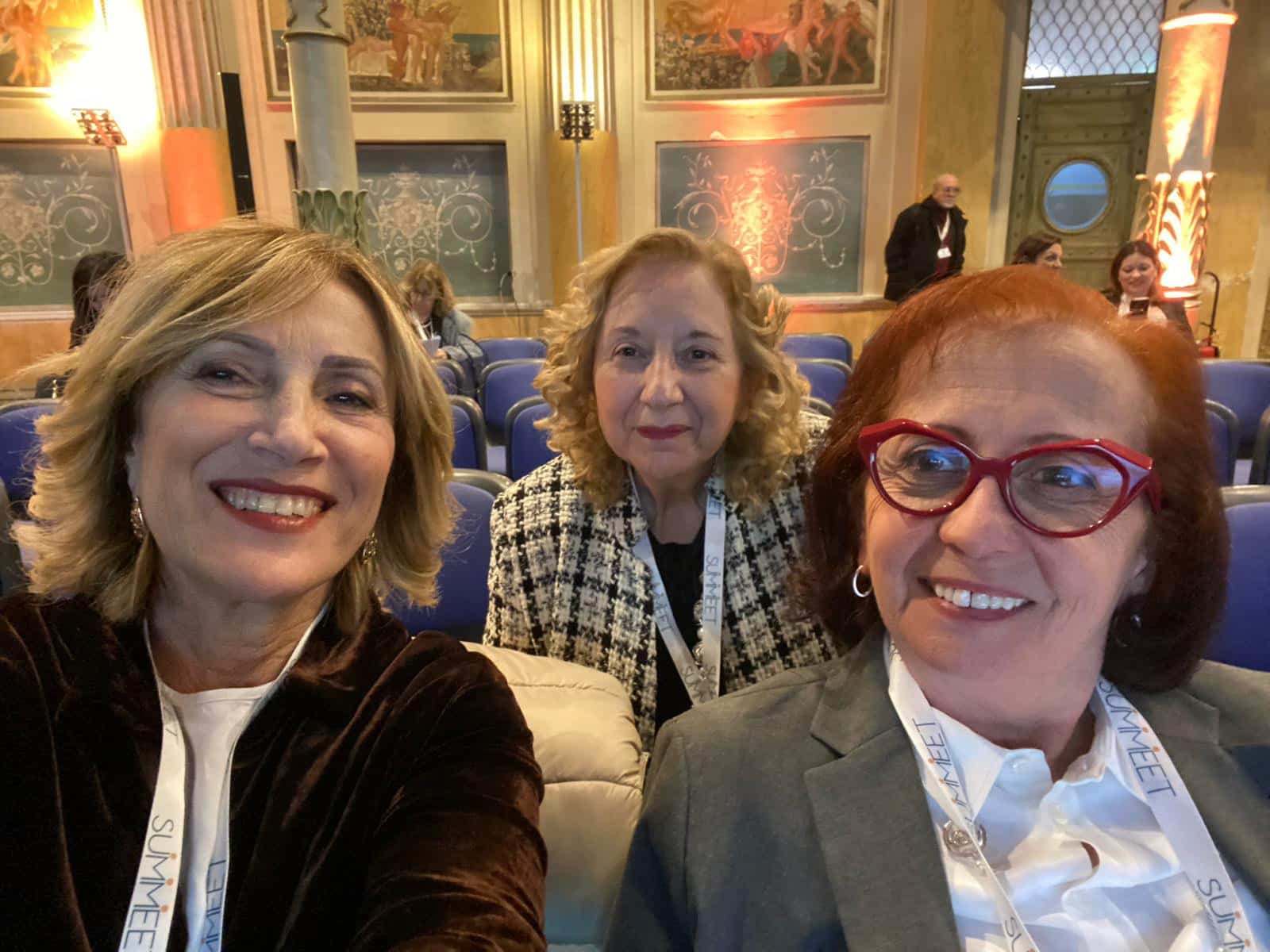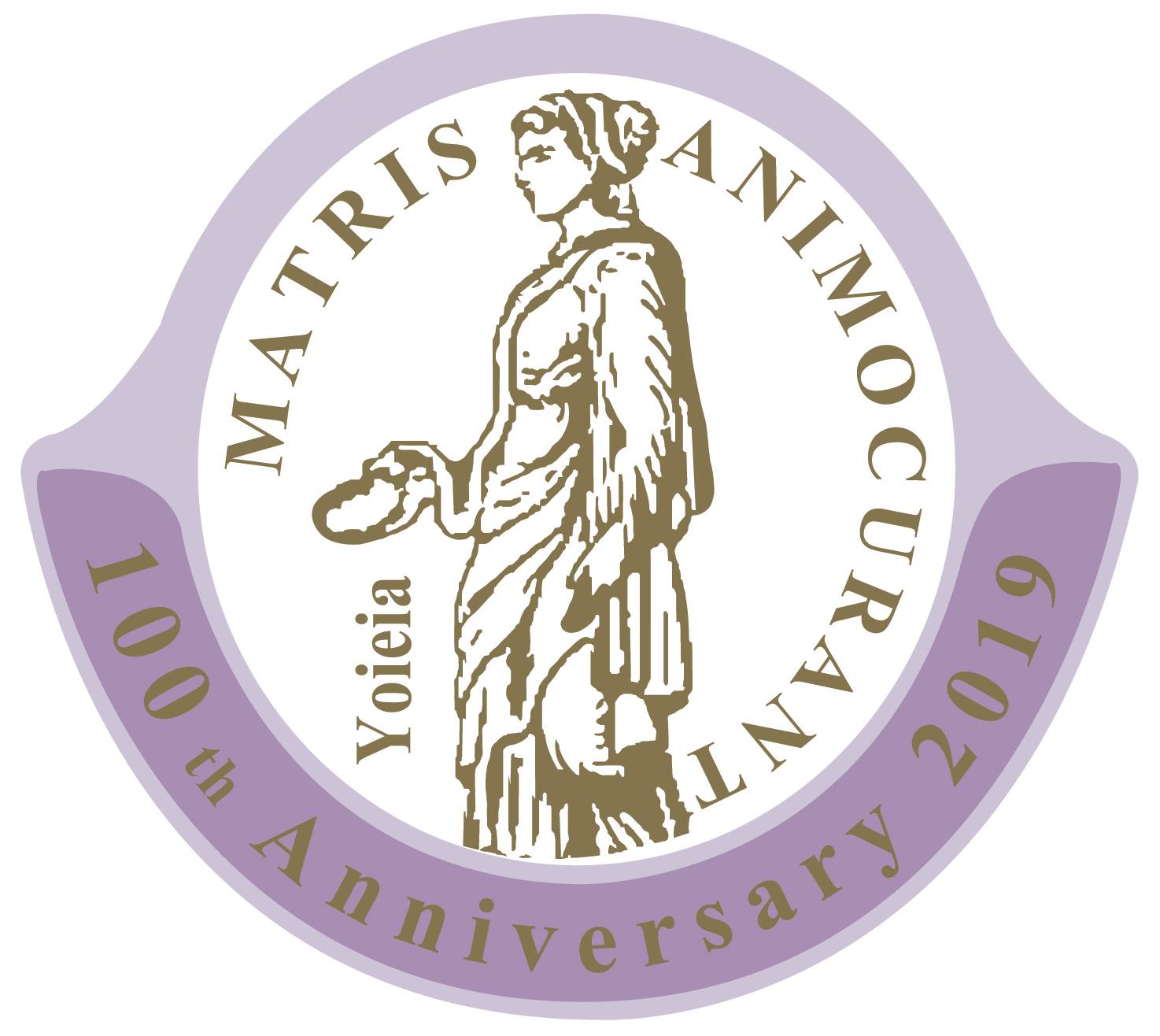The next AIDM National Congress ‘Caring for the Heart and Guarding the Brain, from Gender Medicine to Integrated Systems Medicine’ will be held in Parma on April 26-28, 2024. Over 240 registrations have been accepted and we are all eager to participate.
Our President Antonella Vezzani attended the first meeting of the Federation of Italian Medical Scientific Societies (FISM) in Rome on March 27 and 28, the first stage of a journey that will end with the Stati Generali of Medical-Scientific Societies.
In the first quarter of 2024, AIDM’s rich educational programme was carried out in multiple Italian provinces. The topics covered were numerous. Among the topics were some which are little discussed such as vulvodynia and dysfunctional pelvic floor disorders (Palermo and Brindisi), transgender health (Ferrara), the transmission of medical knowledge in modern society (Pavia), the management of the oncological patient from a gender perspective (Naples R. F.), the care of mental frailty and art (Milan). Enna organized two asynchronous online learning platforms on gender-based violence and female genital mutilation. Obesity, cardiovascular disease, Covid and Long Covid, adolescents and allergies were also discussed.
Many events of other organizations, open to the public, were sponsored by AIDM and attended by our members. Naples Polinnia Marconi section organized a conference about Narrative Medicine last December.
What is Narrative Medicine? Narrative Medicine seeks a way to recover those dimensions of care that are methodologically bracketed by science-based medicine. EBM (Evidence Based Medicine) and NBM (Narrative-Based Medicine) complement, not cancel or devalue, each other. Over time in storytelling, both storytelling in the formal-literary sense and storytelling that makes pathological experiences the subject of conversation, have been considered. ‘Blog-therapy’ effectively expresses the benefit that people involved in these exchanges claim to receive from the practice of storytelling. But we are interested in storytelling as a constituent element of the care pathway formed by diagnosis-therapy-rehabilitation-palliation. Narrative Medicine is not an alternative or complementary medicine and is not a discipline but a transdisciplinary practice. In this way it is similar to Gender Medicine with which it shares the holistic approach and interdisciplinary value of all specialist fields and health professions. Today’s compartmentalized view of medical knowledge is responsible for much of the discomfort in the doctor-patient relationship, multiplied costs from medico-legal controversy (and the resulting defensive medicine), and also for stress and burn-out of health care workers. Abandoning the hyper-specialized perspective a more complex and more comprehensive look at the person suffering is fostered. Narratives, their collection, and their study help improve health care delivery by triggering a critical-transformative process in the practice of the profession, opening a breach in assumed competence (Charon R. Narrative Medicine: A Model for Empathy, Reflection, Profession, and Trust. JAMA. 2001;286(15):1897–1902. doi:10.1001/jama.286.15.1897. In addition, we must consider storytelling as an essential element in arriving at a shared decision about choices to make. History, sociopolitical context, imaginative perspective and reflective practices offered by the humanities can enhance the practice of medicine. Through understanding the experiences of others and critically reflecting on one’s own, any physician can move closer to the kind of healer he intends to be. https://www.youtube.com/watch?v=24kHX2HtU3o&t=424s

Fig 1. President Vezzani (right) at first meeting of the Federation of Italian Medical Scientific Societies (FISM)in Rome with Past-President Ermio

